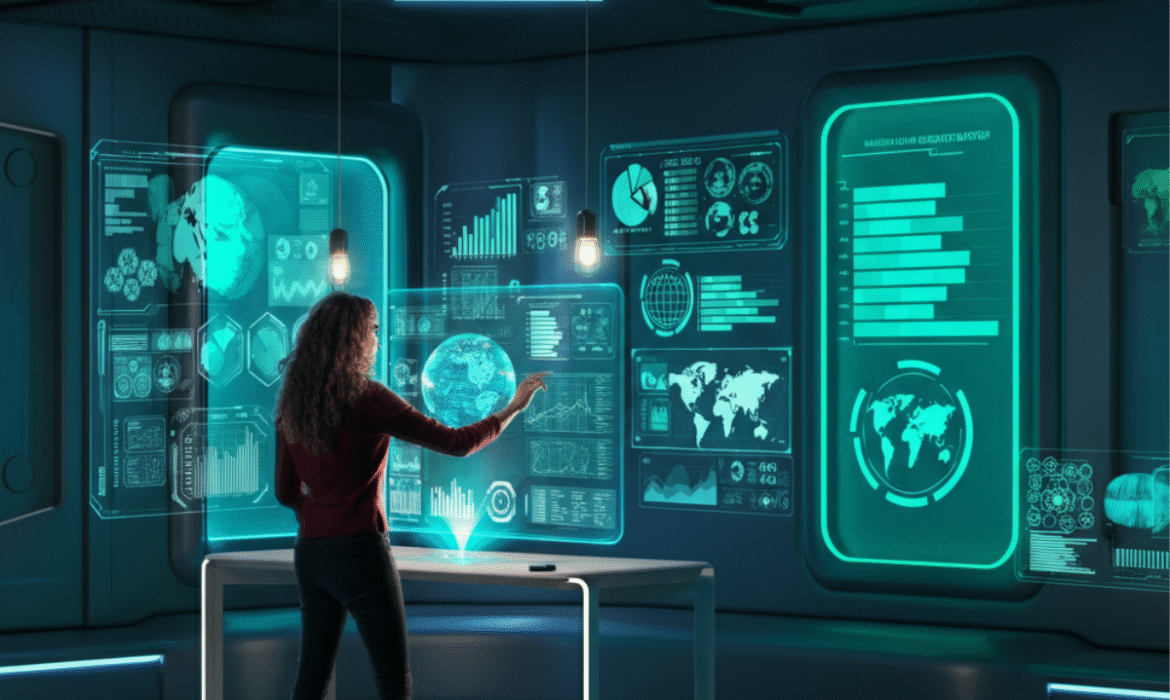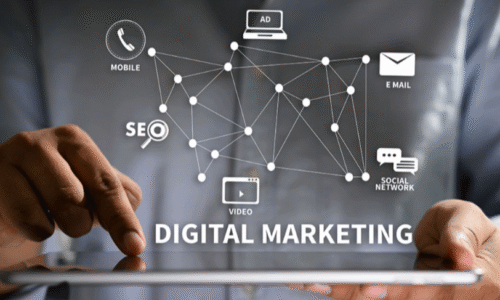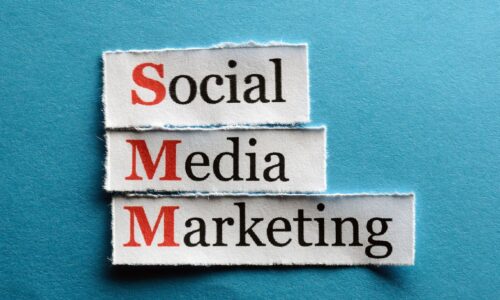
Artificial intelligence ( AI ) is driving this change as the world of internet marketing evolves more rapidly than ever before. Among the key players in this AI revolution, Google stands out with its advanced AI tools designed to help marketers make smarter, more informed decisions. But how exactly can Google AI help marketers reach potential customers more effectively in 2025?
In this blog, we’ll explore how Google’s AI features and tools can revolutionize your marketing efforts. From precise audience targeting to AI-powered content and chatbots, you’ll discover how to leverage Google AI to maximize your impact, save resources, and stay ahead of your competitors.
Understanding Google AI
To understand how Google AI can elevate marketing strategies, it’s essential to get a clear picture of what Google AI encompasses.
What is Google AI?
Google AI is the umbrella term for Google’s advanced artificial intelligence technologies, which power various tools and systems. It leverages machine learning (ML) and data analytics to help businesses process vast amounts of data, uncover actionable insights, and make more effective decisions.
Key Features of Google AI
- Machine Learning Models: Google AI applies ML algorithms to analyze data, predict customer behavior, and improve campaign performance.
- Natural Language Processing (NLP): Allows systems to interpret and respond to human language, enabling personalized customer interactions.
- Automation: From audience segmentation to ad placement, Google AI automates repetitive tasks, improving efficiency.
- Data Analysis: Tracks and processes real-time user behaviors, providing insights into market trends and customer preferences.
The Role of AI in Marketing
AI is not just a buzzword. It’s changing the way marketers operate by offering unparalleled insights and streamlining processes at scale.
Benefits of AI in Marketing
- Smarter targeting: Get in the eyes of the individuals who are most willing to interact with your brand.
- Smarter resource allocation: Focus your efforts where they yield the highest return.
- Improved personalization: Make sure each customer has a unique experience.
Google AI Tools for Marketers
Google’s suite of AI-powered tools is purpose-built to help marketers streamline their workflows and drive greater results.
Google Marketing Platform
The Google Marketing Platform (GMP) brings together advertising and analytics in one place, making campaign tracking and optimization seamless. Its AI capabilities guarantee that marketers make well-informed choices.
Key features include audience insights, advanced reporting tools, and real-time tracking to measure campaign effectiveness.
Google Ads
Google Ads is one of the most effective tools in the marketer’s arsenal. AI-powered features ensure your campaigns are optimized for maximum reach and ROI.
- Smart Bidding: Machine learning adjusts bids in real-time to improve performance.
- Dynamic Search Ads: Automatically match your ads to search queries, eliminating gaps in keyword targeting.
- Performance Max Campaigns: Run ads across platforms like YouTube, search, and display, all optimized by AI.
Additional AI Tools From Google
- Google Analytics: Offers advanced customer insights and campaign tracking powered by AI.
- Bard, Google’s AI Chatbot: Assists with customer engagements.
- Google Cloud AI: Includes APIs for data processing, imagery analysis, and predictive analytics tailored to marketing.
How Can Marketers Use Google AI to Connect with Potential Clients?
Precise Audience Targeting
One of Google AI’s most impactful features is its ability to pinpoint the right audience for your campaigns. By analyzing user behavior, demographics, and interests, AI ensures your message reaches individuals who are genuinely interested in your product or service.
For example, Google Ads’ audience segmentation powered by AI can automatically create groups based on user data like purchase history or online interactions, improving ad relevance and performance.
Personalized Customer Experiences
Personalization is no longer optional. Customers expect content tailored to their preferences, and Google AI delivers just that. For instance, Gmail ads can show users promotions that align with their browsing habits or purchasing behaviors. Stronger brand relationships are created by this customized strategy.
Predicting Customer Needs
Predictive analytics, a key component of Google AI, helps marketers anticipate customer behaviors. Knowing what customers want before they ask puts you ahead of the competition. For example, tools like Google Analytics 4 provide forecasts based on user journeys, enabling proactive marketing strategies.
Streamline Efficiency With Automation
Repetitive tasks can be automated to free up marketers’ time for strategy and creativity. For instance, Google Ads’ Smart Bidding automates bid adjustments to ensure optimal campaign performance, saving time while improving ROI.
AI-Powered Content
Google Bard and other AI tools have changed the way that content is created. From drafting captions to generating blog outlines, Google AI assists in creating high-quality content tailored to different platforms, saving time and resources.
Chatbots for Streamlined Support
Google’s AI-powered tools make it easy to integrate chatbots into your marketing strategy. Chatbots can respond to customer inquiries instantly, offer personalized suggestions, and even resolve issues. These interactions enhance customer satisfaction and build trust with your brand.
Boost ROI and Enhance Customer Loyalty
Smarter targeting, personalized experiences, and predictive analytics create campaigns that deliver higher ROI. Satisfied consumers are happier to suggest your brand and come back, which builds brand loyalty.
Save Time and Resources
With AI resources so readily available, marketers can automate tedious processes like campaign management, ad placements, and performance tracking, allowing teams to focus on strategy and innovation.
Make Data-Driven Decisions
Google AI tools equip marketers with actionable insights. With dashboards and analytics, you can modify campaigns on the go, ensuring no marketing dollar is wasted.
Stay Ahead of the Competition
By leveraging Google AI, businesses can adapt to market trends faster, deliver better customer experiences, and maintain a competitive edge.
Leveraging Google AI for the Future of Marketing
The future of marketing rests on your ability to use technology effectively, and Google AI is leading the charge. By integrating AI-powered tools into your marketing strategy, you can improve efficiency, deliver memorable customer experiences, and ensure every penny of your budget is well spent.
Don’t get left behind. Start using Google AI now to contact your customers in a way that has never been possible before.
Here are some key ways you can leverage Google AI for the future of marketing:
1. Personalization
Google AI’s ability to personalize experiences and information for every single client is one of its greatest benefits when used in marketing. With advanced machine learning algorithms, AI-powered tools can analyze vast amounts of data to gain insights into customer behavior, preferences, and needs. As a result, you can increase engagement and conversion rates by customizing your content, offers, and recommendations for each consumer.
2. Automated Advertising
Say goodbye to manual ad placement and bidding processes with Google’s automated advertising solutions. Powered by AI, these tools can optimize your campaigns in real-time based on factors such as audience
Conclusion
The way companies interact with their audiences has been completely transformed by the use of AI into marketing campaigns. By leveraging AI-powered tools for insights, automation, and optimization, companies can increase efficiency and deliver highly personalized experiences. As technology continues to evolve, adopting AI-driven solutions will be essential to staying competitive and achieving long-term success in an increasingly dynamic digital landscape.




